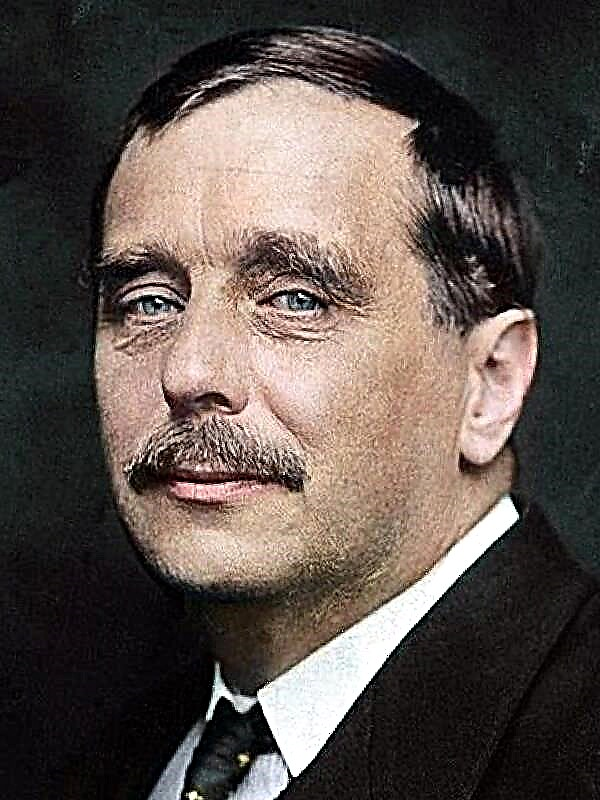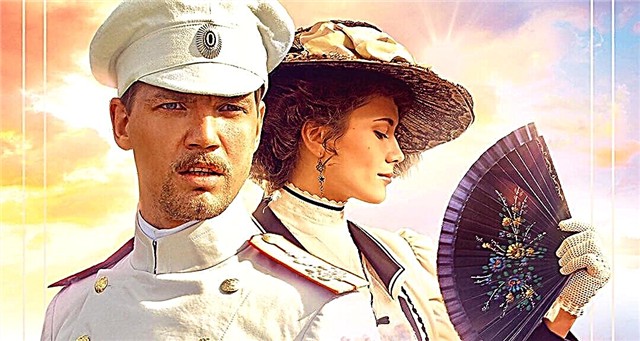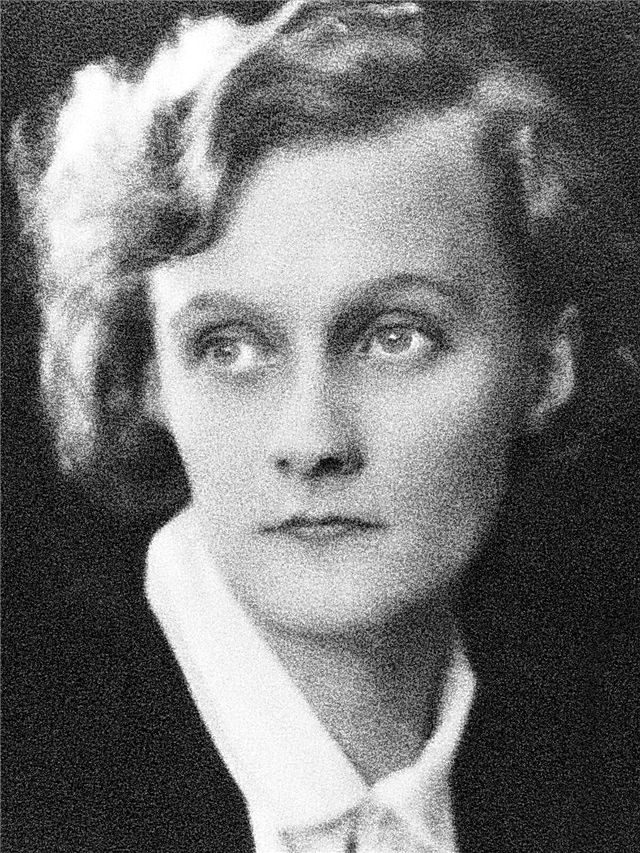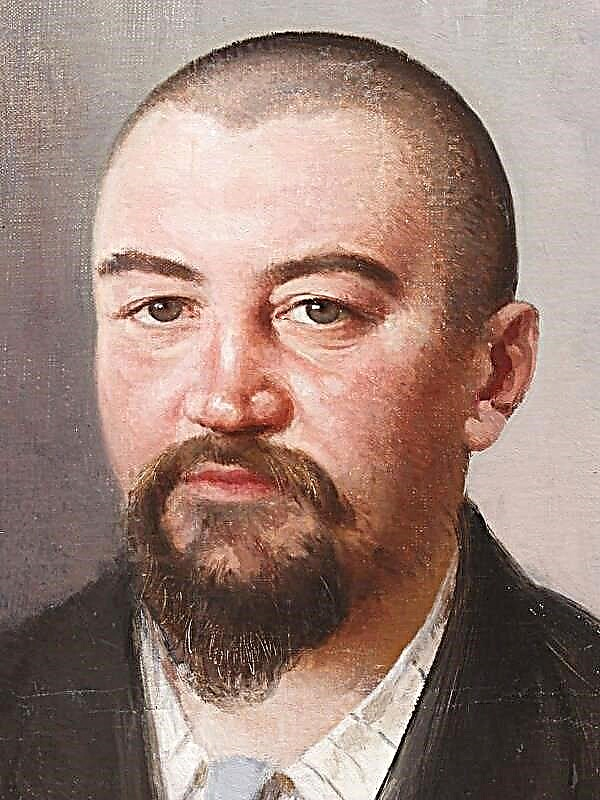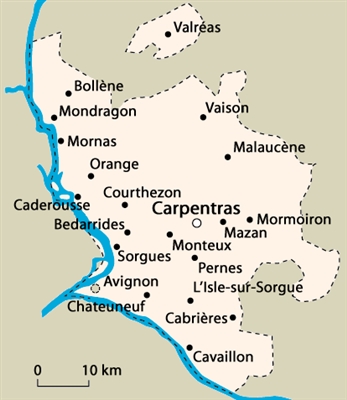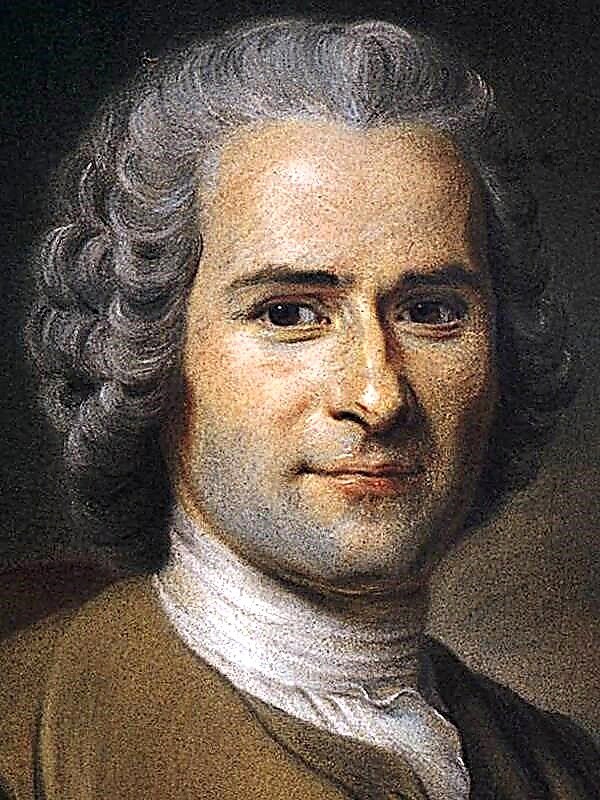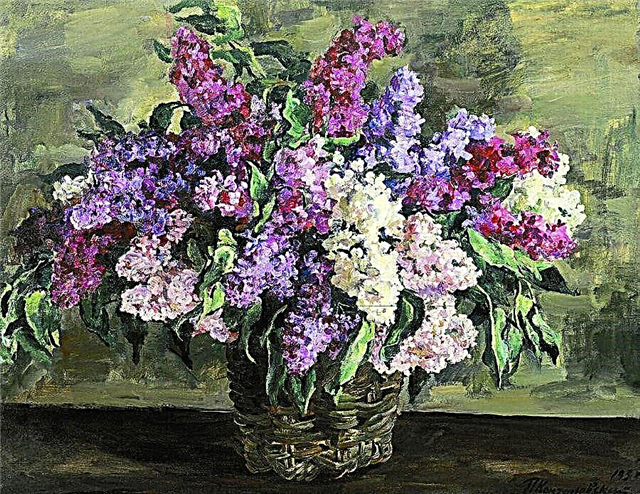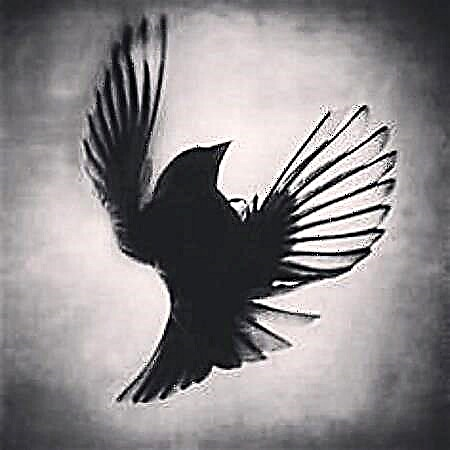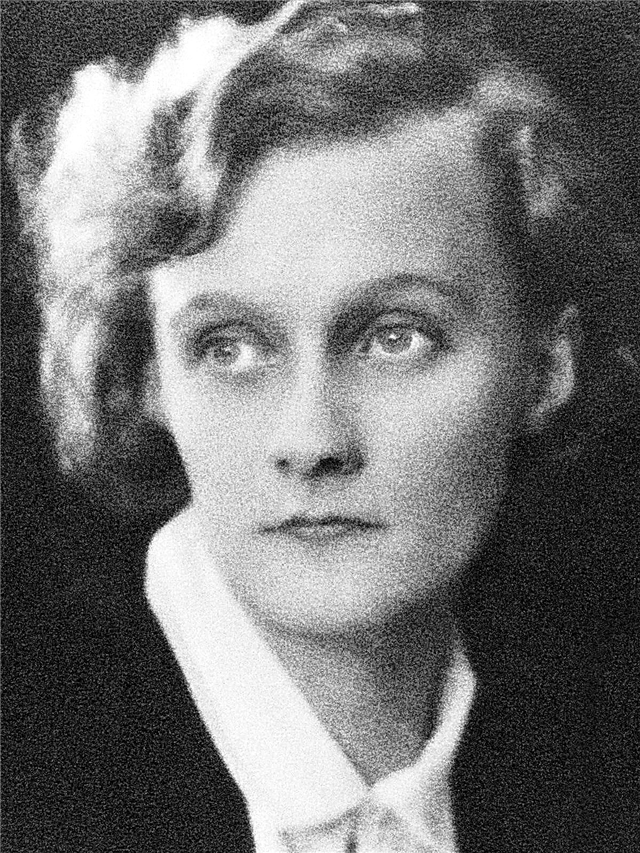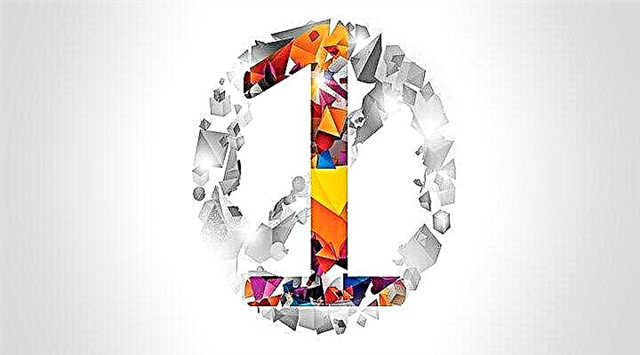(349 words) From the very beginning of the novel “A Hero of Our Time” we are faced with a tragic personality who suffers and longs for renewal. Pechorin is a promising and gifted person, but due to certain conditions (society and personal qualities), he is doomed to inaction. Who is to blame for this? Is it the era that draws young people into a vicious cycle of idleness and entertainment? I will try to formulate my answer.
I think Pechorin is the hero of any time of obscurity, disappointment and skepticism. In such periods in all countries and cities there are "extra people" who realize the futility and hopelessness of their era, where any attempts to realize their "I" are unsuccessful or futile. There were many such periods in Russia, so the gallery of superfluous people is replenished in a timely manner, and their life is still interesting to the reader. Of course, there is always the temptation to attribute blame for the vices of unnecessary heroes only to the time span, but I believe that one cannot discount Pechorin’s personal contribution to his own restlessness. For example, the author reveals the conflict of the hero and the environment to which he relates at the very beginning of the novel, and also describes his indestructible disregard for society. The main character is constantly experiencing depression and longing. He feels that fate rules over him, and, understanding that life is monotonous and uninteresting, he spends it having fun at the expense of his environment. But distrustful of all reason absorbs the immediacy of the senses. He just plays with emotions of the opposite sex. And no one is to blame for this, except for himself. If its implementation at the vocation level is impossible due to the tsarist regime, which limits the political ambitions of the nobles, then the state’s personal behavior and the atmosphere in it can not spoil it. Even Pechorin himself fully understands his imperfections, and a strict moral court directs himself. His depravity is a consequence of the lack of a goal that can be found for yourself even in the most desperate time. But his actions are small, hectic activity is insignificant. Pechorin leaves the novel as a true hero who accomplished a feat. He could have done many more wonderful things if he believed in them with all his heart. But neither his personal qualities, nor the environment where he lived, are not conducive to the emergence of this faith.
My opinion and impression of Pechorin boils down to the fact that he is partly to blame for his restlessness, and his tragedy is that the era favored his depravity and brought it to the grotesque.

